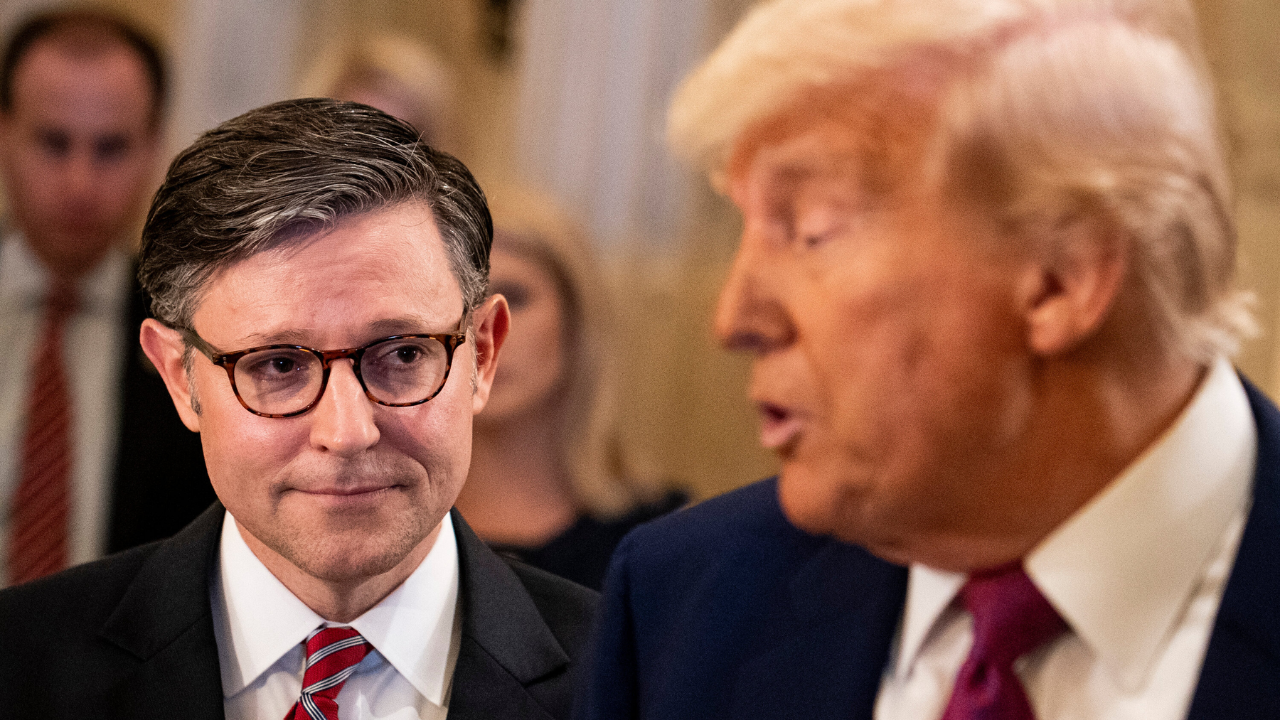New Jersey Congressman Chris Smith has accused Governor Phil Murphy of using a recent meeting in Lakewood as part of an effort to attack former President Donald Trump’s “One Big Beautiful Bill Act.”
The statement has stirred political tension between state and federal leaders, especially as national debates over the bill continue.
In a press release and public comments, Rep. Smith expressed strong concern that Governor Murphy is trying to sway public opinion against the bill through private discussions and political coordination.
The meeting, which was reportedly held in Lakewood with various community members and leaders, was described by Smith as a strategic move to damage Trump’s legislative efforts.
The “One Big Beautiful Bill Act” is a wide-ranging federal proposal backed by former President Trump and his allies. The bill includes changes to several government programs, including possible reforms to SNAP (Supplemental Nutrition Assistance Program), Medicaid, and other welfare services.
Supporters claim it is a bold move toward economic responsibility and federal reform. However, critics argue it would put more pressure on state budgets and reduce support for vulnerable communities.
Governor Murphy, a Democrat, has not directly responded to Smith’s comments. However, his recent appearances in towns like Lakewood have drawn attention due to ongoing conversations about how New Jersey might be impacted if the bill passes.
Many state officials, including those in Murphy’s administration, have raised concerns about increased costs to the state if the bill becomes law.
According to Congressman Smith, the Governor’s activities in Lakewood were not just routine political meetings. Instead, Smith believes Murphy’s actions are meant to coordinate resistance to the bill under the guise of public outreach.
“Governor Murphy is attempting to orchestrate a hit job on President Trump’s One Big Beautiful Bill Act,” Smith said. “This is not about dialogue or open discussion—it’s about pushing a narrative.”
Lakewood, known for its large and politically active Orthodox Jewish population, has become a key focus in state-level discussions.
Congressman Smith represents this area and has long-standing ties with the community. His strong defense of Trump’s proposal signals his belief that local constituents support the federal plan or at least deserve to hear both sides of the debate without political interference.
Smith also criticized what he called “backdoor politics” and the use of meetings without transparency. He claimed that residents were not given a full picture of what the federal bill includes and were instead presented with a one-sided view that blames Republicans for potential cuts.
Supporters of Governor Murphy argue that as the head of the state government, he has a responsibility to speak with communities about how federal changes could impact them directly. If the bill results in increased financial pressure on the state’s budget, state officials believe they must raise the alarm.
As of now, no official statement from Governor Murphy or his office has responded to Smith’s accusations. The Governor’s office has remained focused on broader policy discussions and the need to prepare for possible shifts in federal funding if the bill becomes law.
The issue is especially sensitive in areas like Lakewood, where many residents rely on Medicaid, SNAP, and other state-supported services.
While Smith insists the bill would benefit Americans through greater efficiency and reduced waste, opponents worry about stricter requirements, state funding burdens, and reduced access for those in need.
The political clash between Congressman Smith and Governor Murphy reflects a larger national battle between Trump-aligned federal lawmakers and Democratic state leaders. As the bill moves through federal discussions, more local meetings, media coverage, and public statements like this are likely.
This moment highlights how deeply connected national policy debates have become to local politics. In states like New Jersey, which often differ from the federal agenda under Republican leadership, friction between state and federal officials has grown.
Congressman Smith has not backed down from his support of the bill or his criticism of Murphy. He insists that the public deserves open debate, not what he describes as “secret meetings pushing a biased agenda.”
With the bill still under debate and the 2024 election cycle approaching, such public disputes could play a role in shaping how voters see both state and national leaders.






